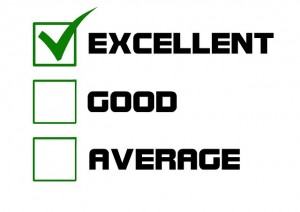A couple of weeks ago I went on vacation with my fiancé and his mom. We travelled to Alberta where we spent 5 days with my fiancé’s brother. The five days were exhausting, packed with multiple events throughout the days and went by so quickly, that I did not even realize it was time to come back home. The week before leaving for vacation, I got a call from a company that needed to bring in counsellors as a tragedy occurred on site. For 3 days, over a span of 18-20 hours, I spoke with employees about what they heard, saw and how they were impacted after the tragedy occurred. Some were directly involved with the incident, while others saw the aftermath or stayed away from the accident site altogether and just heard about the events that transpired. Emotional fatigue and secondary trauma kicked in. I had never worked with so many people in such a short period of time. I am still considered a rookie in the counselling world and burnout is high in this population. I remember coming home, and my mother in law began sharing stories of freak accidents that she remembers seeing or hearing about as a child, and I had to ask her to stop. She couldn’t understand why. I explained to her that I was mentally drained and after hearing so many stories about the freak accident that took place in this company, I had ‘checked out’ mentally and just needed some quiet time. This was one of the first burnout symptoms I recognized. The vacation to Alberta- although planned before getting the phone call from this company was perfectly timed! Just removing myself from the place altogether (in this case provinces) was a great way to completely disconnect myself from the trauma that occurred in the company. The trip kept me so busy and focused on what was happening in that moment that I did not have the time nor the energy to think about the prior week’s sessions. Not only was the temporary distraction beneficial, but being mindful throughout the trip was also effective. If I was not mindful (informally), I would have missed out on the beautiful mountains of Jasper and the seal show at the West Edmonton Mall. Although, it is a great excuse to go back to Alberta! If you find that you’re getting exhausted more so than your ‘normal’, take a vacation. It does not have to be one of leaving the province or country, but something local too. Go to the local sights, be mindful in the time you spend at the site, and I am sure that it will allow for your mind to clear its’ thoughts as well as provide a refreshing and rejuvenating experience. I hope that by taking some time for yourself, you are able to come back to your ‘normal’ as well; remember that you may also utilize supervision to help process remaining distress.
By Bhavna Verma
*The views expressed by our authors are personal opinions and do not necessarily reflect the views of the CCPA

